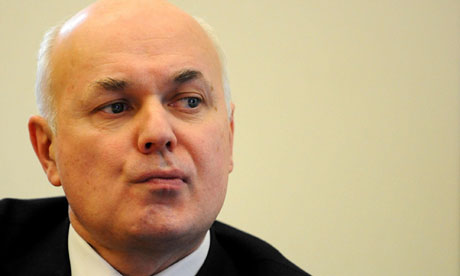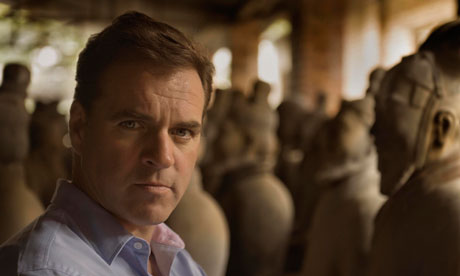Your waist should be no more than half the length of your height, according to experts who claim that having too large a trouser size can dramatically shorten your lifespan.
Measuring the ratio of someone's waist to their height is a better way of predicting their life expectancy than body mass index (BMI), the method widely used by doctors when judging overall health and risk of disease, researchers said.
BMI is calculated as a person's weight in kilograms divided by the square of their height in metres, but a study found that the simpler measurement of waistline against height produced a more accurate prediction of lifespan.
People with the highest waist-to-height ratio, whose waistlines measured 80 per cent of their height, lived 17 years fewer than average.
Keeping your waist circumference to less than half of your height can help prevent the onset of conditions like stroke, heart disease and diabetes and add years to life, researchers said.
For a 6ft man, this would mean having a waistline smaller than 36in, while a 5ft 4in woman should have a waist size no larger than 32in.
Children in particular could be screened as early as five using the waist-to-height ratio to identify those at greatest risk of obesity and serious health conditions later in life, it was claimed.
Researchers from Oxford Brookes University examined data on patients whose BMI and waist to height ratio were measured in the 1980s.
Twenty years later, death rates among the group were much more closely linked to participants' earlier waist-to-height ratio than their BMI, suggesting it is a more useful tool for identifying health risks at an early stage.
By comparing the life expectancies of various groups of people at different waist-to-height ratios, they were able to calculate how many years of life were lost as people's waistlines increased.
For example, a man aged 30 with a waist-to-height ratio of 0.8, representing the largest one in 500 men, stood to lose 16.7 years of life due to their size.
A 50-year-old woman with the same ratio, accounting for about one in 150 women of the same age, would lose 8.2 years of life on average.
Dr Margaret Ashwell, whose previous research has suggested that the waist-to-height ratio could be a better tool than BMI for predicting a range of diseases, presented her findings at the European Congress on Obesity in Liverpool.
Measuring someone's waist is important because it accounts for levels of central fat which accumulates around the organs and is particularly closely linked to conditons like stroke and heart disease.
She said: "If you are measuring waist-to-height ratio you are getting a much earlier prection that something is going wrong, and then you can do something about it.
"The beauty is that you can do it in centimetres or inches, it doesn't matter. We have got increasing evidence that this works very well with children as well, because whilst they grow up their waist is growing but also their height."


 391 Comments
391 Comments





